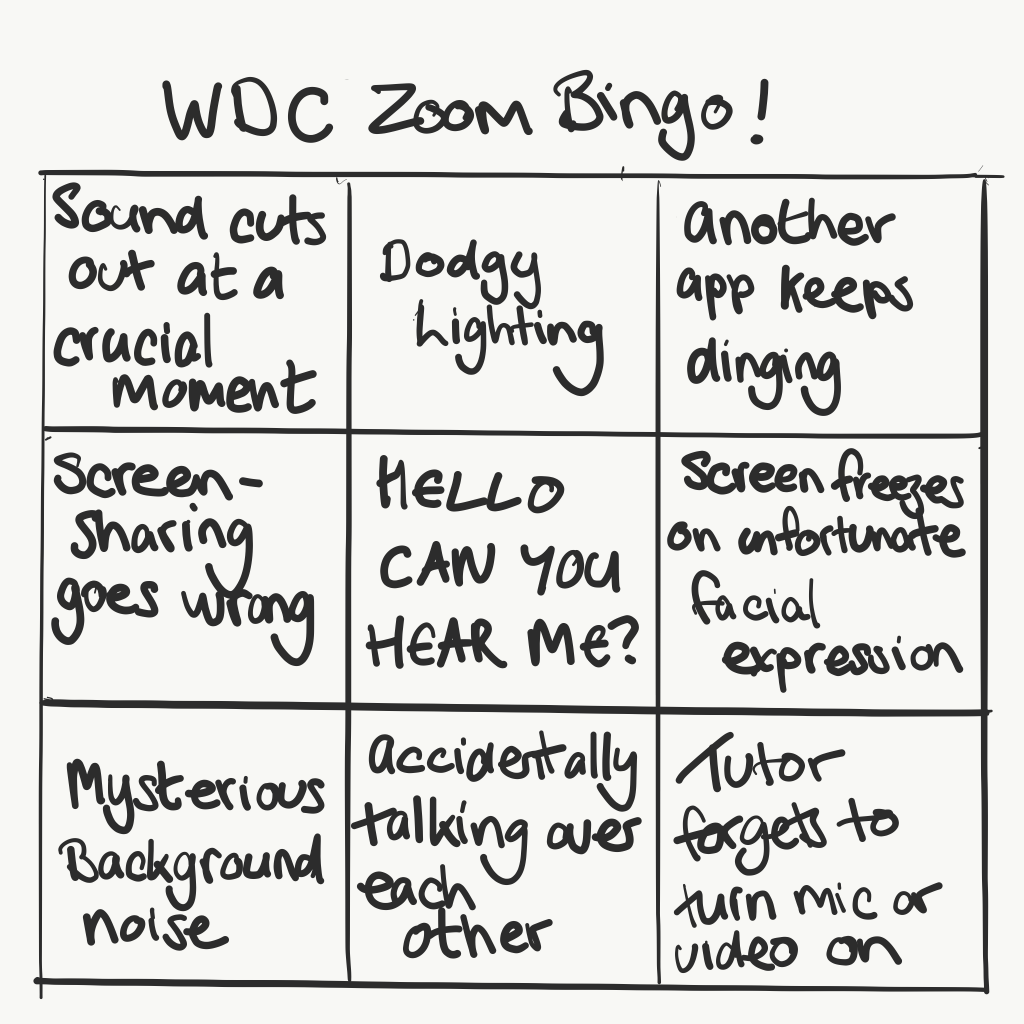Your favourite mix of 90’s hits and writing tips is back and hopes you’re all doing okay out there. This one goes out to all the writers who find that they just have too many words.

“It’s *only* words,” croon Boyzone on their lovely 1996 cover of the Bee Gees classic.
That’s all very well for them to say, though, isn’t it?! It would be a ‘brand new story’ if they were only meant to write 6,000 words, for their dissertation say, and then ended up with nearly 10,000 of them! Or if they somehow had to cut 500 words out of their essay! It wouldn’t be all linen suits and chandeliers then, would it?
No, it would be “but we did loads of research! It took us ages! We can’t just cut it out!” And “but what if we cut the wrong bits?!” And “but we think it’s all important!”
Luckily, if Boyzone were to re-evaluate their rather blasé attitude towards words and require assistance in these matters, we’d be there with these handy hints.
First thing’s first, try nibbling
There are two general approaches to getting rid of words, Cutting, which we’ll come to, involves bidding farewell to substantial portions of text – entire paragraphs or sections. If you’re significantly over the word limit, cutting probably can’t be avoided. However, it’s always worth ‘nibbling’ first to see if you can get rid of any unnecessary words. We’re all guilty of using more words than we need to at times, and reading your work aloud might be a good way of picking up on this. Have you said “during this time period” when you could just have said “during this time”? Any places where “prior to this?” could be replaced to “previously” and that sort of thing? Deleting the odd unnecessary word here and there can add up and once you’ve done this, you’ll have a clearer idea of how drastic your cuts will have to be.
Cutting words: it’s not about you
It’s natural to get very attached to the words we write. We put a lot of work into them. It’s never a pretty scene at WDC HQ whenever we’re asked to cut a paragraph from one of our blogposts, we can tell you! But as writers, we’re not always the best judge of what’s important because everything seemed important enough for us to write it down in the first place. We have to take a step back and think of our readers. Sometimes, we need to write something – to develop an understanding of a topic or to untangle an idea – but the reader doesn’t need to read it.
Need to know versus nice to know
To establish what’s important for the reader, remind yourself what you are trying to tell them. What’s the take-home message of your dissertation, for example? Or the main argument of your essay? What do you want the reader to know, think, understand and/or believe after reading your work? The material that best contributes to this is “need to know” for the reader and also more likely to be critical – something that serves your argument rather than merely delivers “nice to know” information. When we do a lot of reading and research, such as when we’re writing a longer essay or dissertation, we tend to want to show this off. This can result in overwhelming our writing with facts and description that don’t contribute to the overall argument. Editing out these unnecessary facts will not only get the word count down, it will also open up space for the analytical writing that will make your writing more persuasive.
A few words on signposting
Signposting words and phrases tell the reader what you’re doing and why, and help them following your argument. A lack of signposting can cause the reader confusion. We can turn again to popular song to see what havoc a lack of signposting can wreak. It causes Dionne Warwick no end of bother in “Do You Know the Way to San Jose?” And let’s not mention the struggles poor old Tony Christie has in “Is This the Way to Amarillo?”
When ‘nibbling’ words, it can be tempting to just get rid of all the ‘howevers’ and ‘additionallys’ but proceed with caution: these words could play a crucial role in conveying your argument.
It is also possible to ‘over signpost’. This can often happen when you’re writing a longer piece like a dissertation or a thesis. We can have a tendency to start a chapter by recapping the previous one – often because it’s been a while since we wrote that previous chapter so we need a reminder for our own purposes. But the reader’s experience will be different. They will have just read the previous chapter – do they need a recap? A useful way of judging can be reading your work all the way through as the reader would: how much of a recap do you feel they might need at the beginning of new section or chapter?
We hope these tips have been useful but perhaps you have tricks of your own up your sleeve? If so, let us know in the comments or come and see us on Twitter (we’re @NCL_WDC)!


